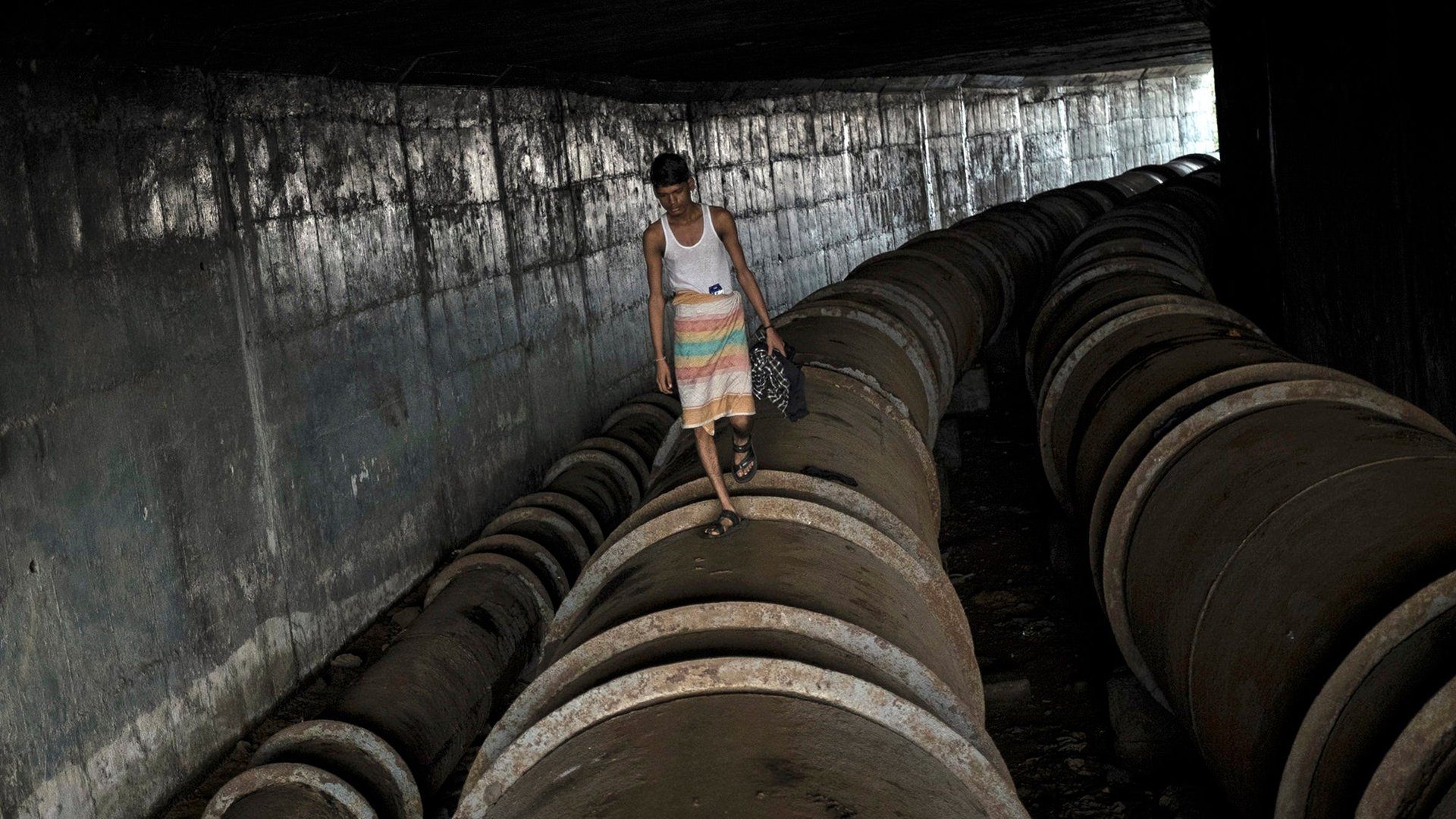In drought-ridden Maharashtra, some residents are given four times as much water as others
India’s richest state is suffering its worst drought in 100 years. But not everyone is suffering equally.


India’s richest state is suffering its worst drought in 100 years. But not everyone is suffering equally.
According to 2015 data, urban areas in Maharashtra are provided four times as much drinking water as rural areas, even though less than half the population lives in cities. Residents of urban areas are entitled between 130 and 150 litres per day, while residents of rural areas are entitled between 30 and 70 litres per day.
One reason for the stark disparity, officials say, is that rural areas are assumed to have access to other water sources, such as ground-water wells, whereas urban areas depend on what the government provides. But ground-water levels across Maharashtra have been falling for many years.
“Inequality in society is illustrated perfectly by inequality in water use,” P Sainath, a veteran journalist and an expert on rural affairs, told India Today. He argues that this skewed water supply enables the fancies of the rich, while poor people in rural areas are fighting water wars.
But as the drought has become more severe, reforms may be necessary.
The Bombay High Court is hearing a public-interest litigation that is calling for relocating cricket matches scheduled to be held in the state during the Indian Premier League (IPL). Maharashtra is set to host 20 matches in Mumbai, Pune, and Nagpur.
“People are fighting over water. It is a severe law-and-order situation. In such times, the court observed it would be a criminal waste of water for cricket matches to be held in Mumbai, Pune and Nagpur,” the advocate appearing on behalf of the petitioner told ESPNcricinfo.
Even if this year’s monsoon rains are better than what the state has seen over the past few years, Sainath doesn’t think Maharashtra’s water scarcity problem will go away. “It took years of irresponsible use of water to bring the state to the point it is today,” he told India Today.